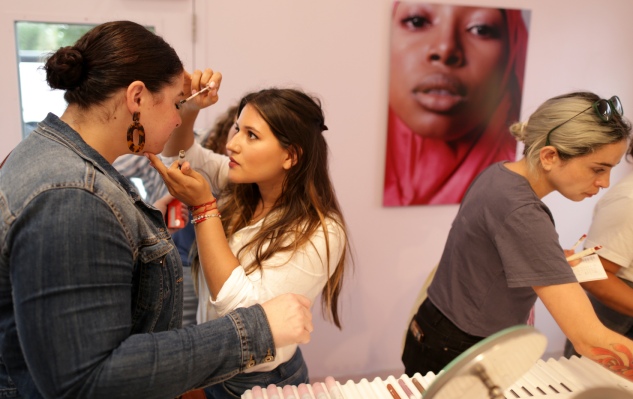In recent weeks, Glossier has laid off about 80 employees (or a third of its corporate workforce), most of whom were on its tech team.
Although the company focused on technology when it was really a beauty business, it is not hard to see these layoffs in the light of the public market tech meltdown.
Many venture-backed companies believe they are tech companies — indeed, they were born that way — when in fact they are not. Leaders at these companies need to learn the business they are actually in, what makes those companies good, and direct their technical efforts towards those ends.
The fundamental disconnect: Software-enabled businesses don’t necessarily monetize the same way that software-based businesses do.
Technology companies get the richest valuations and are endowed with the highest multiples of any sector. Pursuing those higher multiples means going to great lengths to show, both operationally and financially, that you “look” like a tech company.
For a firm like Glossier, looking like a tech company is the difference between having a price-to-sales ratio of 5.44, like Estée Lauder, or 31.6, like MongoDB. Glossier founder and CEO Emily Weiss knows it, and her investors do, too.
Tech companies are highly valued for a reason: when they work, they have high growth rates and very high margins. Companies therefore often make product decisions to achieve a tech business profile — like investing in engineering or eschewing margin-hitting operations.
Hunter Walk, for example, pointed out that pursuing software margins may be one reason social media companies avoid the cost center of human moderation.
The difficulty with these types of decisions is that you will direct your technical talent at the wrong problems.
But the narration changes once you go public. The markets work by taking companies, categorizing them, and then evaluating them on well-known metrics. You don’t get to decide what kind of company you are.
You might market yourself as a tech company, and you may very well use technology, but if the public markets decide you’re a beauty company then, well, you’re a beauty company (at least for valuation purposes) until you prove otherwise.
[ad_2]
Source

